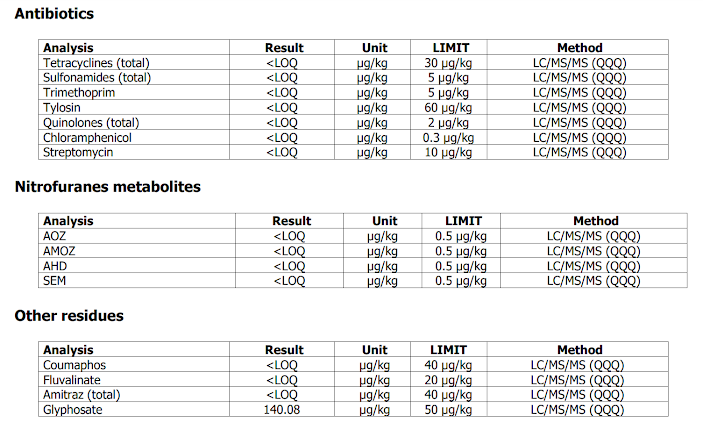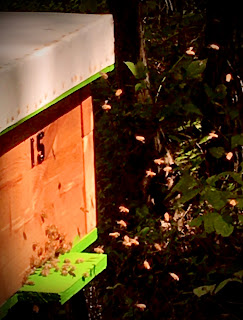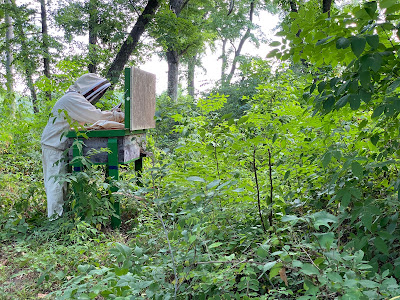Our Honey is Better and We Have the Data to Prove It!

Irish Acres is very proud of its treatment-free approach to beekeeping and our efforts to create a “bees’ paradise” at the apiary that is rich in flowers and flowering trees and other plans that bees love. We want our honey to be full of pollen, our hives to be free of chemicals, and our bees to be as happy and healthy as they can be, living their lives as free of beekeeper interference as possible With this in mind, we set out to prove that our honey is, indeed, different than the run-of-the mill honeys you can buy in supermarkets and farmers’ markets around Kentucky and Tennessee. According to an article in Vice (NOTE: all sources cited in this blog post are referenced at the end), “Honey can deceive in many ways. Some honeys are heated to high temperatures, for easier manipulation and to avoid crystallization, but are presented as raw. Others are diluted with different kinds of sugar or syrups, made from rice, beet, corn, or other plans. Honey can be extracted while it’s still immat...

